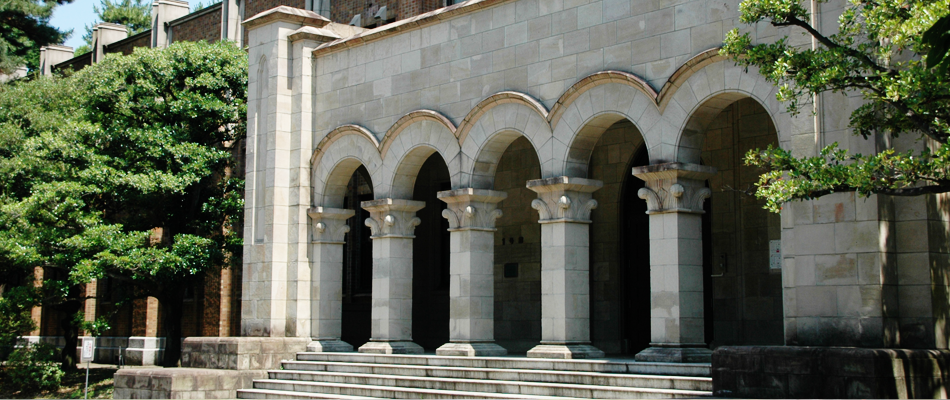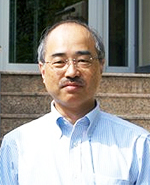

Faculty Staff
Energy and Resources

Masuda, Tatsuru
Ph.D.
Profile
Prof. Masuda began his academic career as an undergraduate student at Kobe University and continued his study as a graduate student at Kyoto University. In 1990, he became a Research Associate of Tokyo Institute of Technology, where he obtained his doctorate in 1991, and later became an Assistant Professor. He also spent one and half year as a Visiting Professor of University of California, Berkeley. In 2004, he became an Associate Professor of the University of Tokyo.
Prof. Masuda's research centers the regulation of photosynthetic tetrapyrrole pigments, such as chlorophylls and hemes. Because of their unique properties on photosynthesis and respiration, the strict regulation of tetrapyrrole biosynthesis in plant cells is the heart of the chloroplast biogenesis. By taking biochemical and molecular biological approaches, he discovered the existence of coordinated transcriptional system of photosynthesis-related genes that are essential for the assembly of functional photosynthetic apparatus. By modulating this transcriptional system, he established a technology to produce functional chloroplasts even in non-photosynthetic plant tissues. He also developed new methodology for extremely sensitive heme detection, which now became a standard assay in most organisms. With this method, he is studying novel aspect of heme metabolism in plant cells.